The Kano State chapter of the All Progressives Congress (APC) is grappling with internal divisions over the rumored return of former Kano State Governor and 2023 New Nigeria Peoples Party (NNPP) presidential candidate, Senator Rabiu Musa Kwankwaso. The speculation follows Kwankwaso’s reported expulsion from the NNPP amid a leadership crisis within the party.
At a press conference held on Friday at the APC headquarters in Kano, State Chairman Abdullahi Abbas confirmed reports of Kwankwaso’s potential move to rejoin the APC, describing it as a “welcome development.” Abbas expressed enthusiasm, stating, “We have received reports that the leader of the NNPP, Rabiu Musa Kwankwaso, who was expelled from his party, is preparing to return to the APC. This is a welcome development—we are happy and pleased about it.”
However, Abbas set clear conditions for Kwankwaso’s return, emphasizing that anyone who previously insulted party leaders, including President Bola Ahmed Tinubu and Vice President Kashim Shettima, must issue a public apology. “Anyone who knows they have insulted our leaders, such as President Tinubu and his vice, must go back and apologize to them,” Abbas warned, adding that such behavior would not be tolerated without remorse.
Abbas also stressed that the APC is open to new members and has directed ward and local government executives to register interested individuals. He assured a level playing field for all aspirants, saying, “Anyone who wishes to contest for any position is free to do so—once the people vote for them, so be it.” However, he cautioned that the party would not serve as a sanctuary for those seeking to evade legal or ethical accountability, particularly individuals under investigation by anti-corruption agencies like the EFCC or ICPC. “Our party is not a safe haven for thieves and criminals. The law will take its course,” he stated.
Despite Abbas’ welcoming stance, significant opposition exists within the Kano APC. APC spokesman Ahmed Aruwa vehemently rejected Kwankwaso’s return, citing grievances over actions taken by the NNPP-led government in Kano, particularly the controversial demolitions of shops that “destroyed people’s livelihoods out of spite.” Aruwa argued, “We do not welcome him. After committing numerous wrongs against the people, he now seeks to return? We will not accept that.”
Aruwa further dismissed the idea that Kwankwaso’s return would bolster the APC’s position against growing opposition unity, asserting, “We won elections before without him, and Tinubu will win again without him. His return would only cause confusion and unrest in the party.” He emphasized the tension between Kwankwaso and APC National Chairman Abdullahi Ganduje, a long-standing political rival, stating, “Even co-wives aren’t kept in the same house to avoid conflict. Kwankwaso should remain in the NNPP. Ganduje is in APC. Even if Abuja accepts him, we in Kano will not.”
Meanwhile, the NNPP’s Kano Chairman, Dr. Hashimu Sulaiman Dungurawa, downplayed the defection rumors, describing them as “mere speculation” driven by social media. He reaffirmed the loyalty of NNPP members to Kwankwaso, saying, “We are blind followers. We don’t recognize anyone but Kwankwaso. Wherever he goes, we’ll follow.” Dungurawa noted that Kwankwaso would clarify his intentions if the rumors held any truth.
The NNPP has been mired in a leadership struggle between Kwankwaso and the party’s founder, Dr. Boniface Aniebonam, with both factions claiming authority. NNPP spokespersons, including Ladipo Johnson and Buba Galadima, allies of Kwankwaso, have denied reports of his planned defection to the APC.
Kwankwaso, a prominent figure known for his Kwankwasiyya movement and widespread support in Kano, has a history of party-switching, having previously been a member of the APC and the Peoples Democratic Party (PDP). His past criticisms of President Tinubu and rivalry with Ganduje add complexity to the current speculation. As of now, Kwankwaso has not publicly addressed the rumors about his political future, leaving the Kano APC’s internal divisions and the broader political landscape in a state of uncertainty.

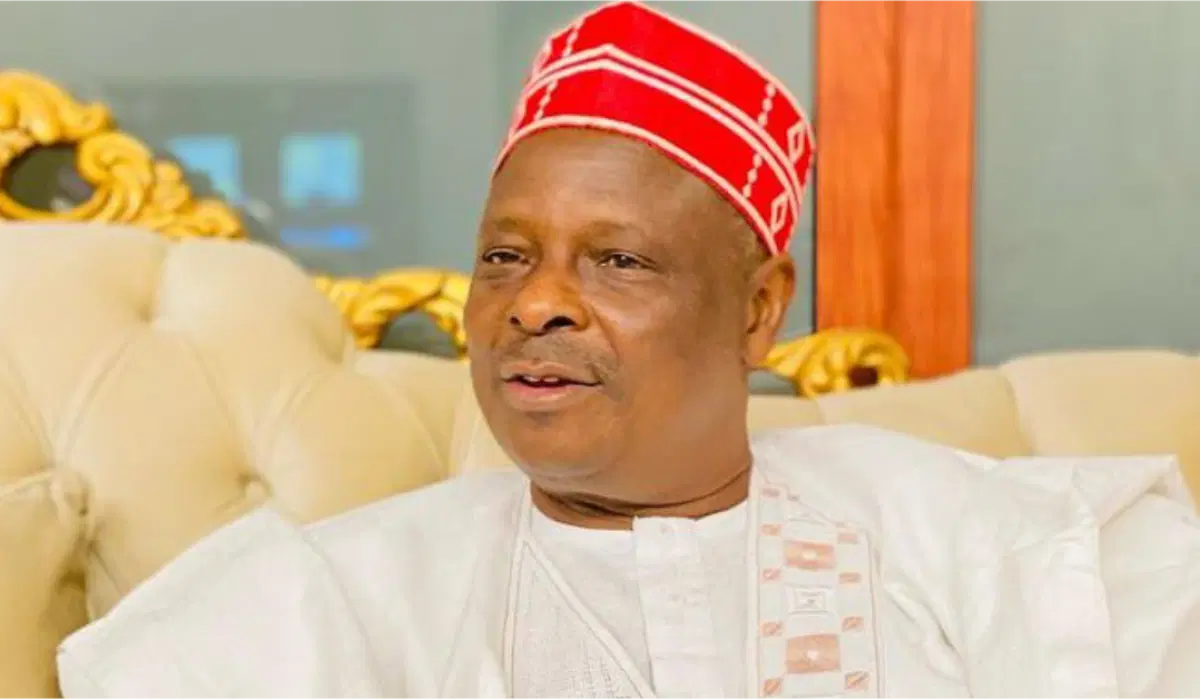
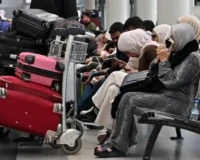
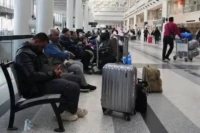
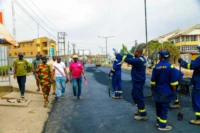

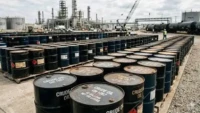

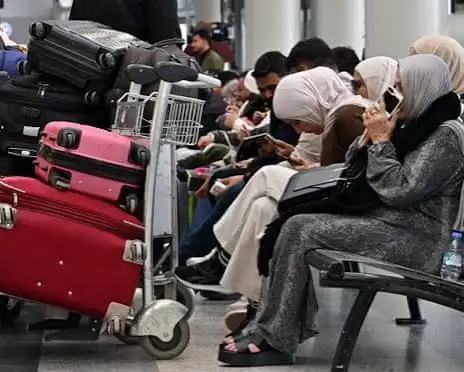
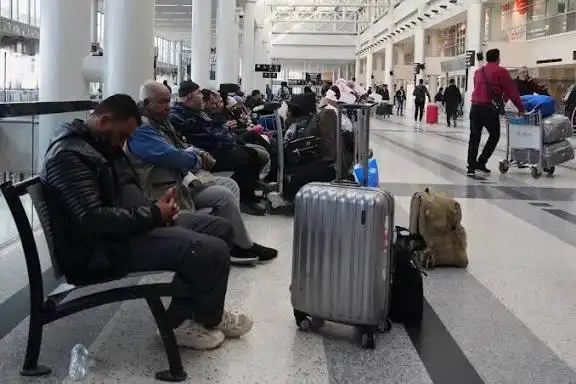
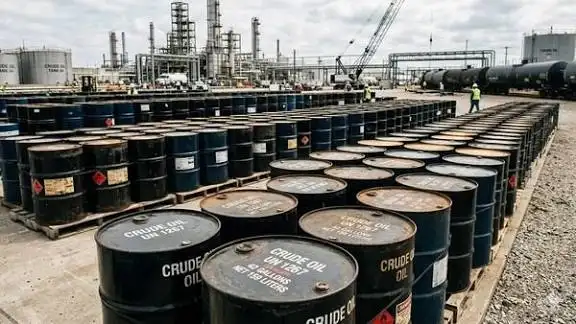

Why cant Kano APC just unite for the greater good? Political drama is so exhausting! Lets focus on progress, not division.
Is Kwankwaso really a threat or a unifying force for Kano APC? Lets embrace diversity of opinions and find common ground.
Why cant Kano APC just set aside their differences and focus on whats best for the people? Politics, sigh.
Is Kwankwasos return really causing such a stir? Lets focus on unity, not division. APC needs to prioritize progress.
I think Kwankwasos return could shake up Kanos political landscape. Its like adding hot sauce to a bland dish!
I think Kwankwasos return could shake things up in Kano APC. Exciting times ahead! Lets see how this drama unfolds.